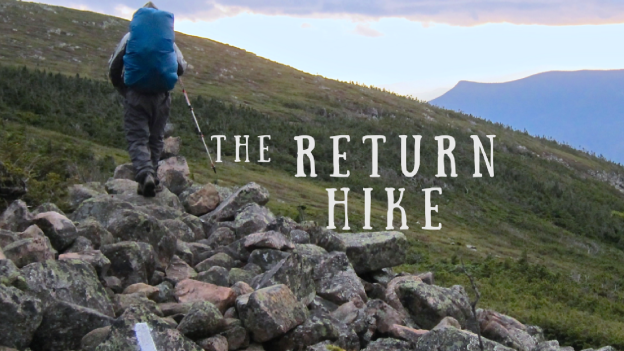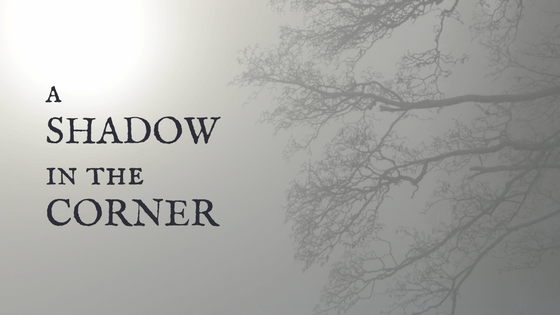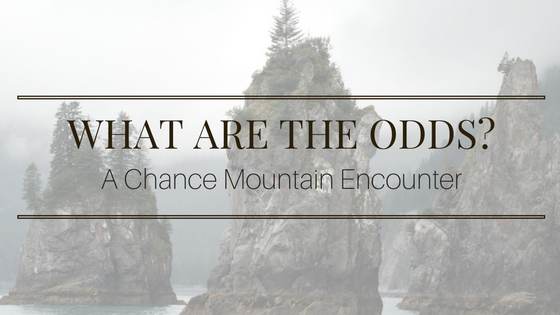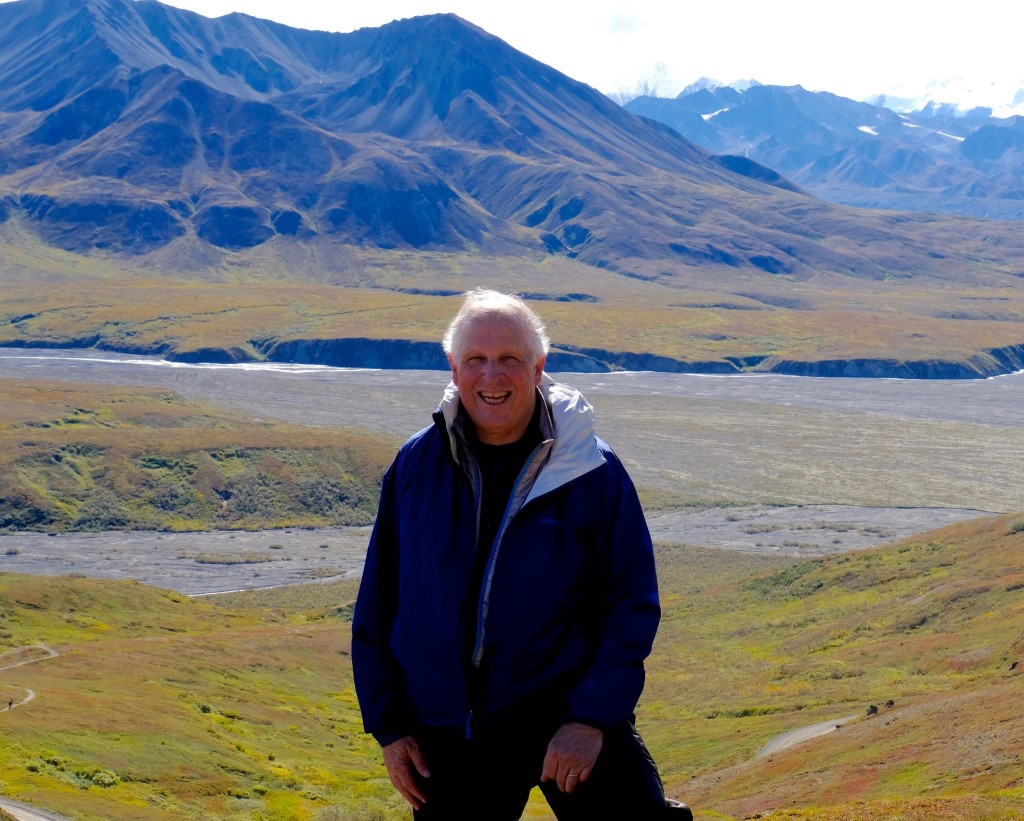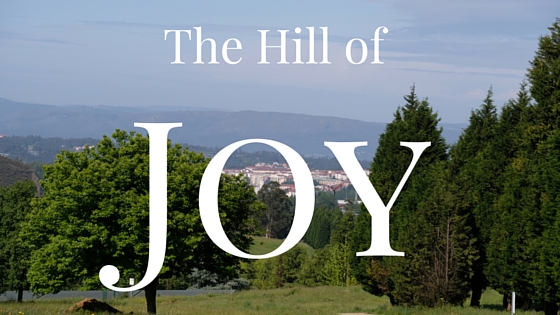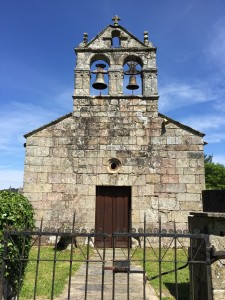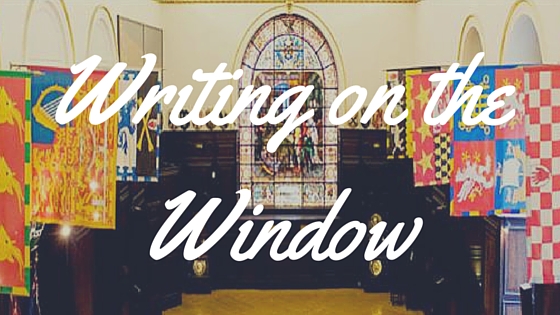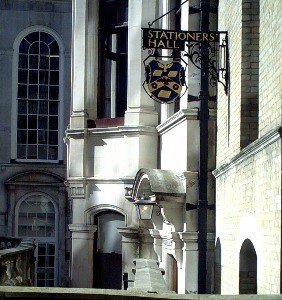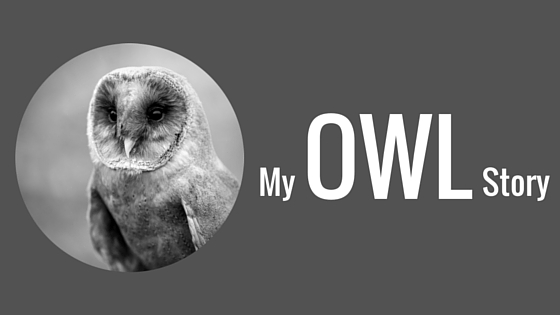I met Rachael Hartman last July at a Christian publishing event in Orlando, Florida. Recently she followed up and we met at my offices in New York City. During our conversation she told me her “OWL” story which I felt mirrored my own encounter with God way back in 1987. Rachael has graciously given me permission to post her story on my blog site. I think you will enjoy it.
My OWL Story
By Rachael Hartman
www.OurWrittenLives.com
God speaks to each of us in ways we will understand. Sometimes He uses our quirks and imagination to spur His way in our lives. I am thankful God knows how to speak to me, and I hear the silent messages He speaks into my heart and mind, and are confirmed by His Word.
One of the most significant words I received from the Lord gave me the hope I needed to keep going forward in the midst of depression. It also paved the way for me to receive God’s call on my life to write and publish for His Kingdom.
It began with silliness on my part. I always had a sort of artistic way of looking at the world around me. I thought various people looked a lot like animals. I had a pastor once who truly looked like a turtle, straining his little neck out of his suit and tie shell. I thought one of my bosses looked like the human alternative to a beaver or a nutty squirrel. These were people I truly respected and loved, but I couldn’t deny their animal-like features.
I always wanted to know what kind of animal I would see myself as. I couldn’t think of anything based on my looks, but I figured I was an owl because of my glasses and all the time I spent at the library and in college. Around the time I discovered I was an “owl,” God began to use my silly perspective to speak to me.
It was 2008 and my emotional life was pretty much in shambles. The three years leading to this point, 2005 to 2008, were the hardest of my life. I felt as if I were living in a spiritual wilderness. I was in constant battle—mentally, emotionally, physically, and relationally. It was crushing, and I had to acknowledge some difficult truths. I felt as if my life was falling apart, and it was. Everything I knew to be stable was shaking.
In my quest for healing, I sought the face of God in a church in Texas where I experienced unconditional acceptance, and so my healing journey began.
One night after church and I was driving down a dark, East Texas road. A large owl swooped down to capture its prey in the middle of the road, and sadly flew right into my driver’s side windshield. As I turned around and pulled over to check on the poor bird, my bright headlights beamed into his eyes. He wobbled a little and looked at me, quite confused.
At that moment I heard the still, small voice of God speak to me. “You’ve been hit really hard,” He said, “but you are going to fly again.” At that very moment, the owl flew away. It was a sign from God; I was going to be okay.
A few weeks after my encounter with the owl, I was in Austin for a church conference. I met two ladies who spoke words of encouragement into my life and continued to add to my owl story.
The first lady said, “I don’t know anything about your life, but I feel like you’ve been living in darkness for a long time, and the light of God’s sun is going to start shining into your life.”
The second lady did not hear what the first one said. After a service, she came up to me and said, “Brightness. Brightness. All I see is brightness.”
Driving home through the Piney Woods after the conference there was another “owl confirmation” that God was leading me to better times. Perched on a road sign was an owl, in the brightness of day, eyes wide open. I had never seen an owl out in the day time before.
Later, God told me I had to learn to “see through the darkness” and go after what He was calling me to do.
About a month later, God confirmed my call to write and publish. The silent statement was clear, “I’ve given you everything you need to write and publish books.”
I knew God was calling me to write the stories of people who had lived in darkness and overcome to live in the light through the blood of Jesus. These stories would bring the hope of Christ to people in difficult situations.
The name of my business came next—Our Written Lives of Hope, or OWL of Hope for short.
The name was partially inspired by the history of Isle of Hope in the Savannah, Georgia area. In early days, Isle of Hope was known as a place where all kinds of people lived together despite the treacherous times of slavery and other evils shrouding the old South.
My “owl experience” and call to write and publish occurred during the time I was working for the local newspaper and taking a break from grad school.
When would I find the time to write a book? I knew I was using too much creative energy at the newspaper. I had to change careers if I was going to write for Jesus. The Lord opened the doors, and I relocated to the Fort Hood area for a job. It was there I began to look for the first story God would allow me the honor to write. It would be two years before He brought me the story He chose.
After two layoffs and another move, this time to Fort Polk, Louisiana, God’s timing kicked in. In July 2012, I began writing my first book titled Angel, The True Story of an Undeserved Chance. It was the life testimony of a woman I met at church. Her name was Angel. She had an amazing testimony of deliverance, and I had a desire to write a book for the Lord. God led us to start the project though we had barely met. Eleven months later, in June of 2013, we had the book in hand, and I had officially established Our Written Lives of Hope, LLC.
To date in 2016, I am working with over 20 authors, and have 23 published books in the OWL collection. Back when I received the call, I had no idea God would bless my business so quickly and swiftly. I still don’t know the extent of what He had in mind when He planted the vision to write and publish for His Kingdom into my mind and heart. I’m excited to see what the future holds, and I’m looking forward to learning and sharing the God-stories of our generation.
I’m still an “owl.” I’ve had people call me “the owl lady” and they send me all kinds of owl gifts, (even though I have no desire to collect owls). Just today I came home from a trip to New York City, and waiting for me was an owl tee-shirt a friend sent to me. It seems like every time I have doubt or fear about the future, God sends me an owl of some kind to remind me of where He’s brought me from, and who I am in Him.
He truly does speak to us all in unique and individual ways that align with His Word. We just have to listen.

